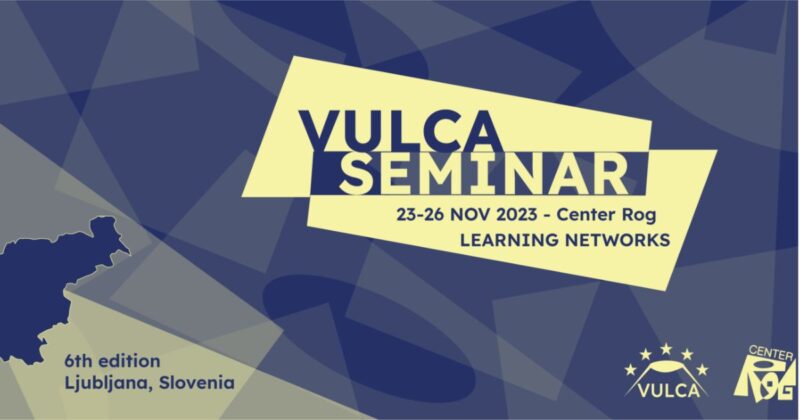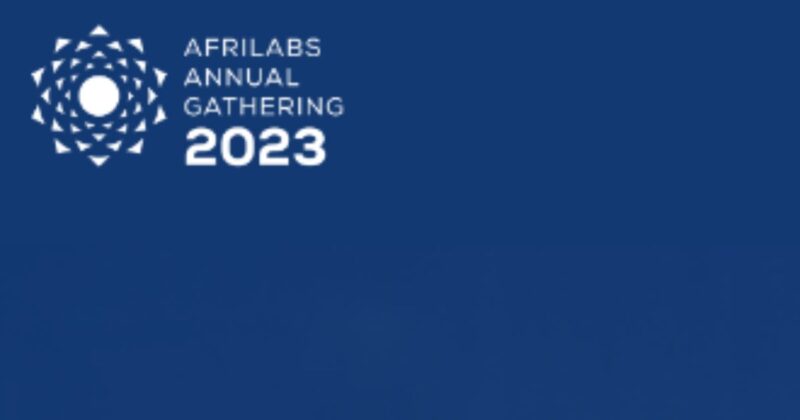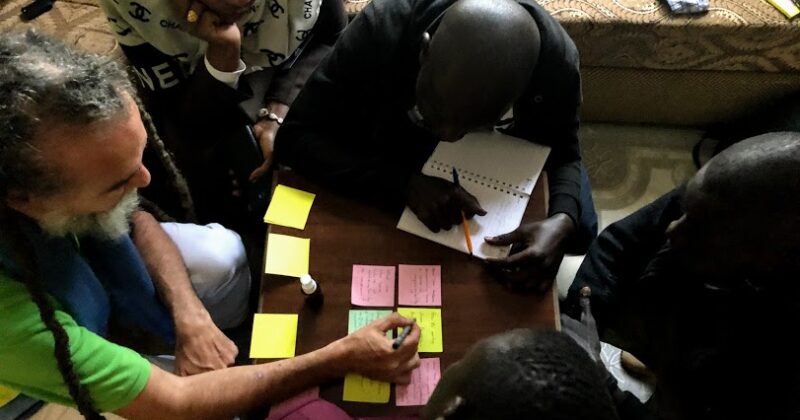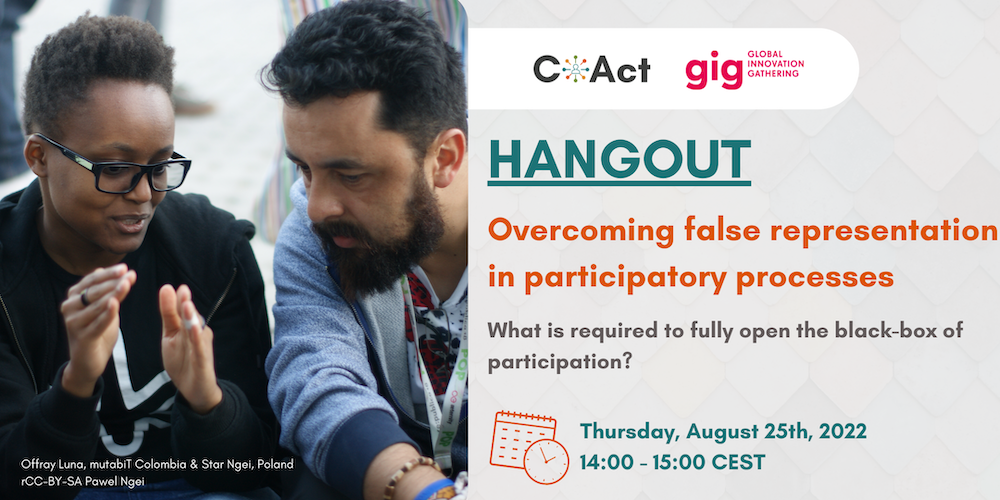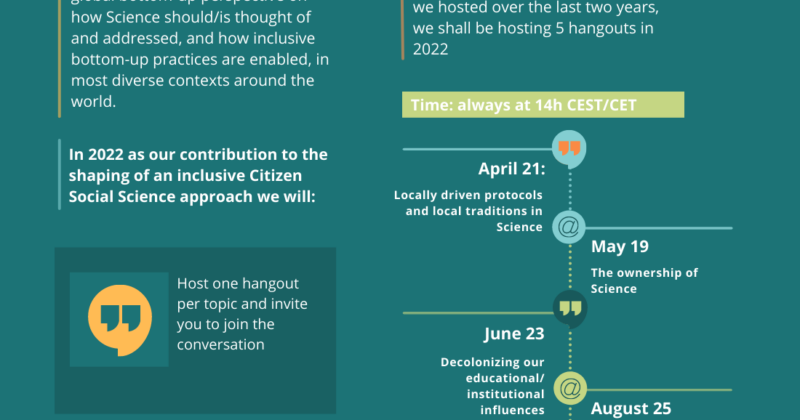
Exploring identity and contesting racism through games: a co-design lab in Brazil
Racism is a pervasive and complex problem, affecting individuals and societies differently. How can we address this issue creatively and engagingly? How can we use games for empowerment, awareness, and education? These questions motivated a co-design lab in Brazil in a partnership between GIG and the University of Bristol and its collaborators.
The co-design lab is part of the project Contesting Algorithmic Racism in Brazil, funded by the AHRC Impact Acceleration Fund. The project explores the cultural responses to racism embedded in data and digital technologies, such as algorithms, machine learning, and artificial intelligence. The project also seeks to create games and other interactive online resources that challenge and address algorithmic bias in Brazil.
Date: 2008 - 2012.Location: Piscinao de Ramos, Rio de Janeiro, Brasil. Description: Black man uses sunblock cream on his arms over a chess board in front of a glass with beer at Ramos Public Swimming Pool. Credit: Julio Bittencourt
The co-design lab consists of online workshops with...

